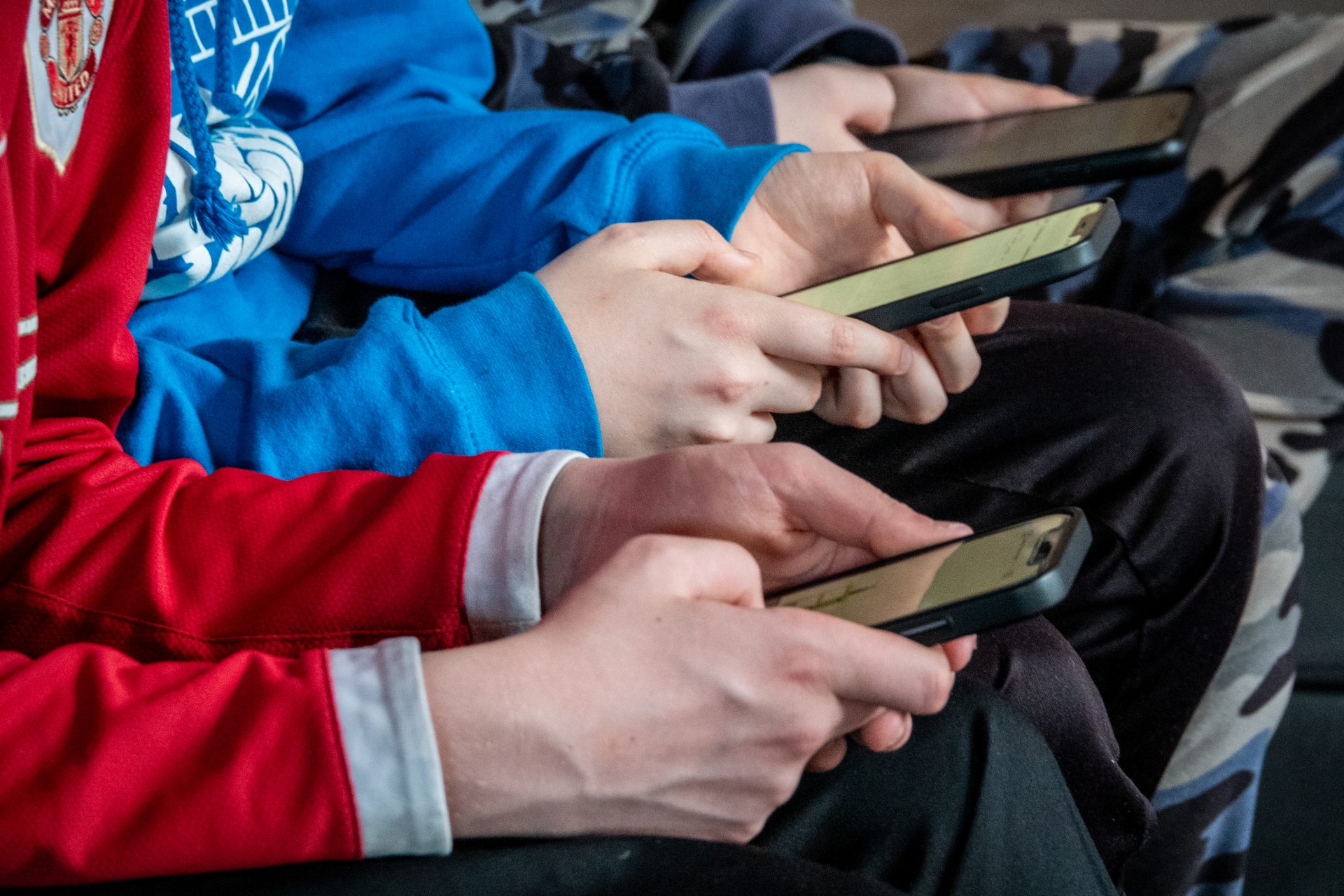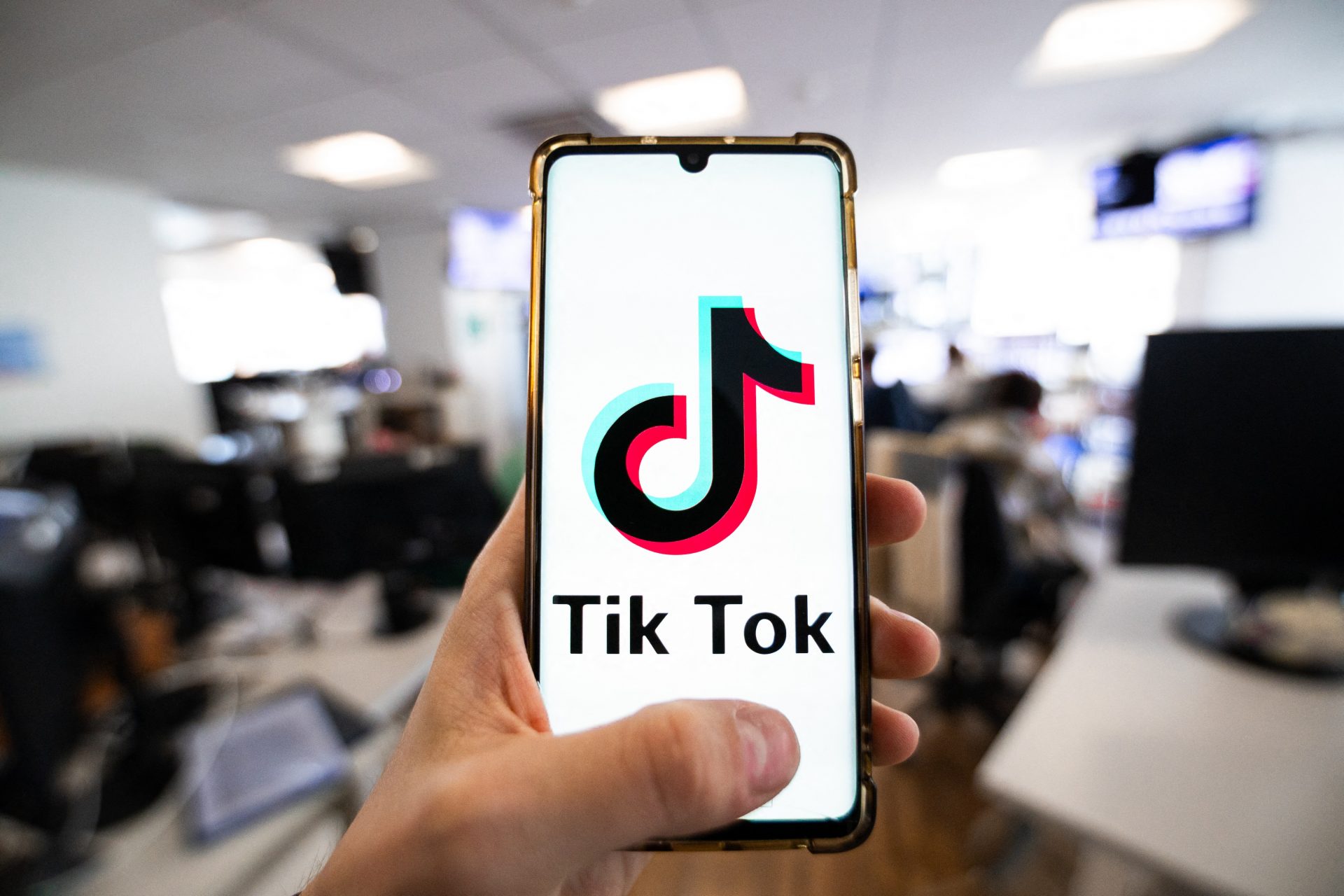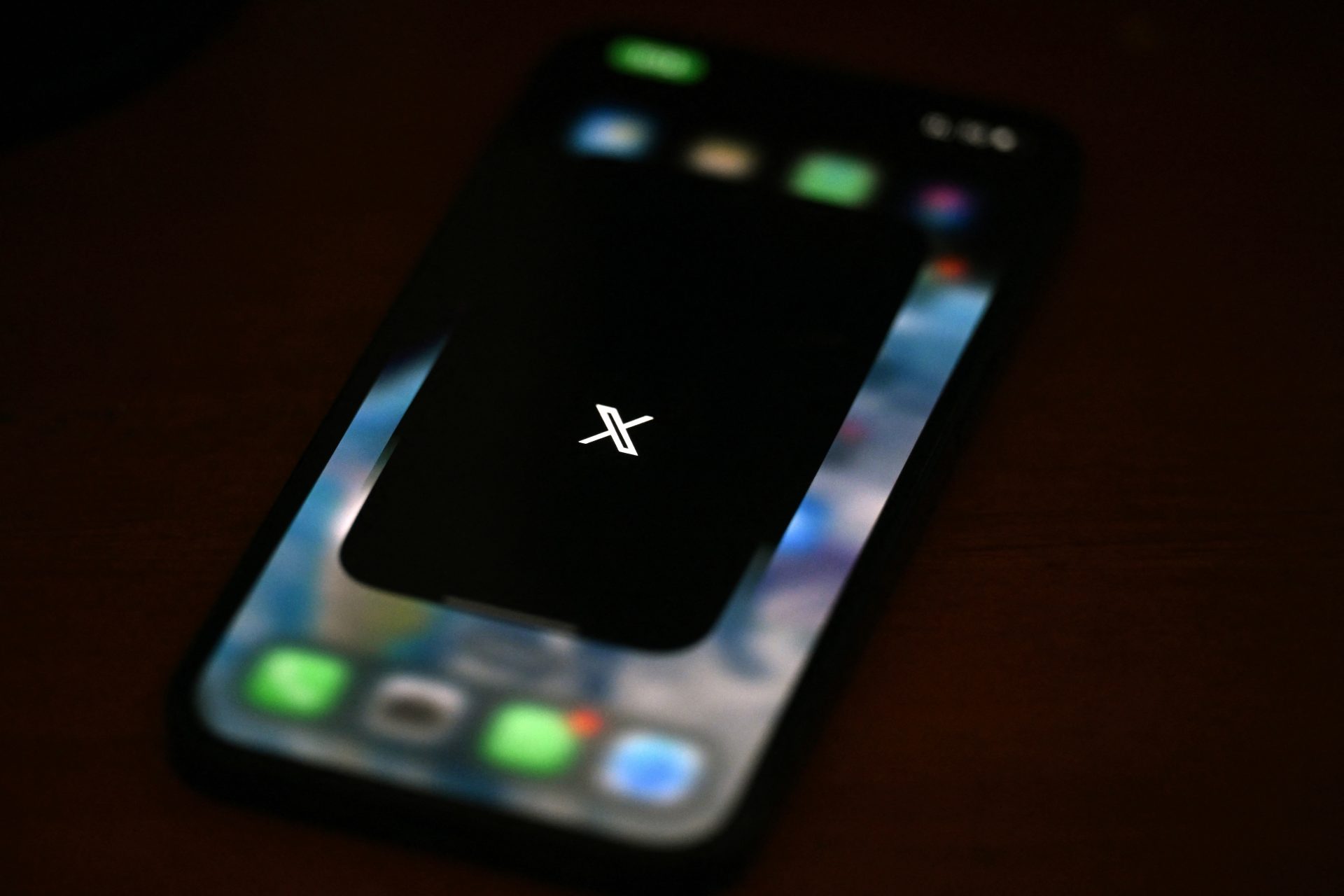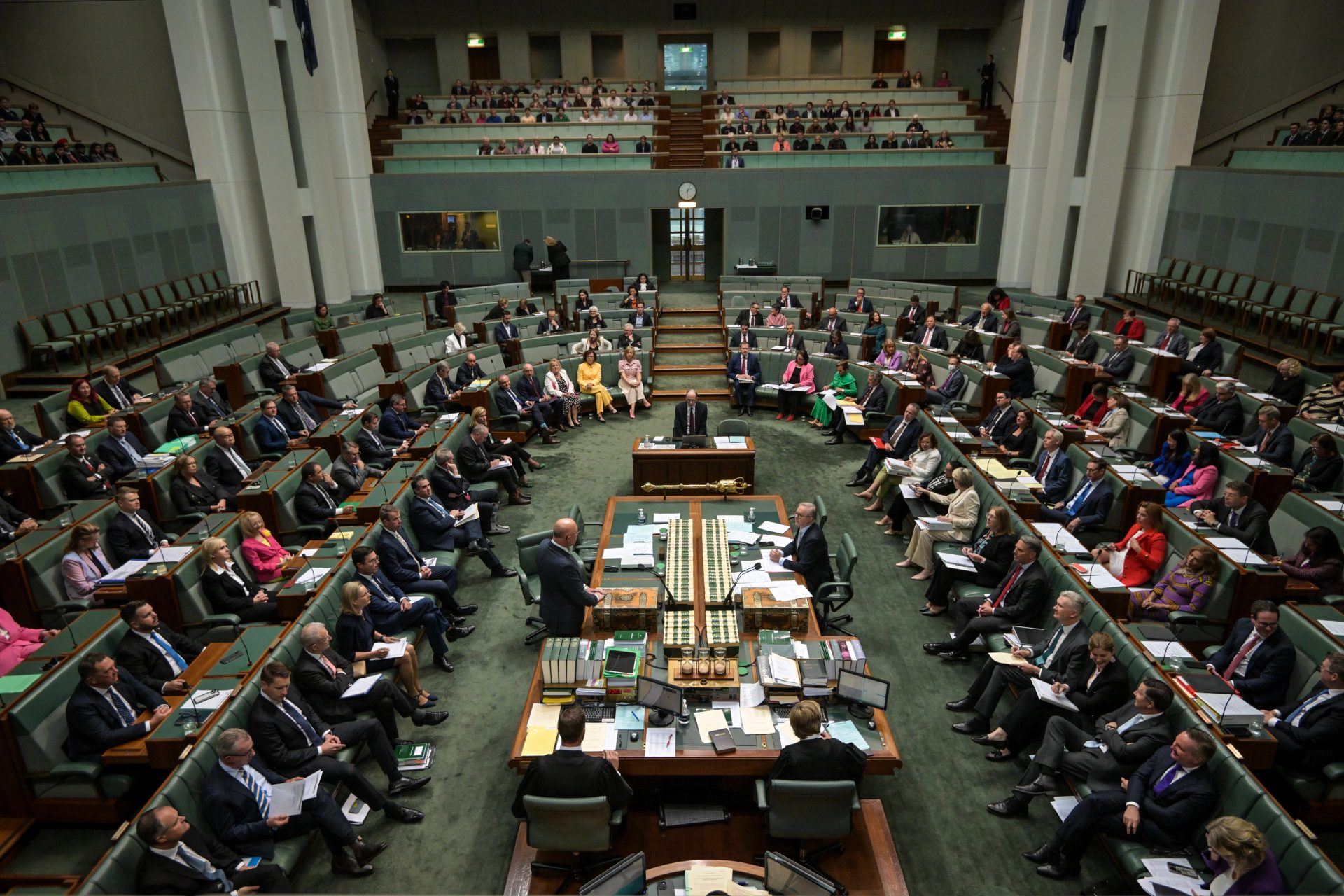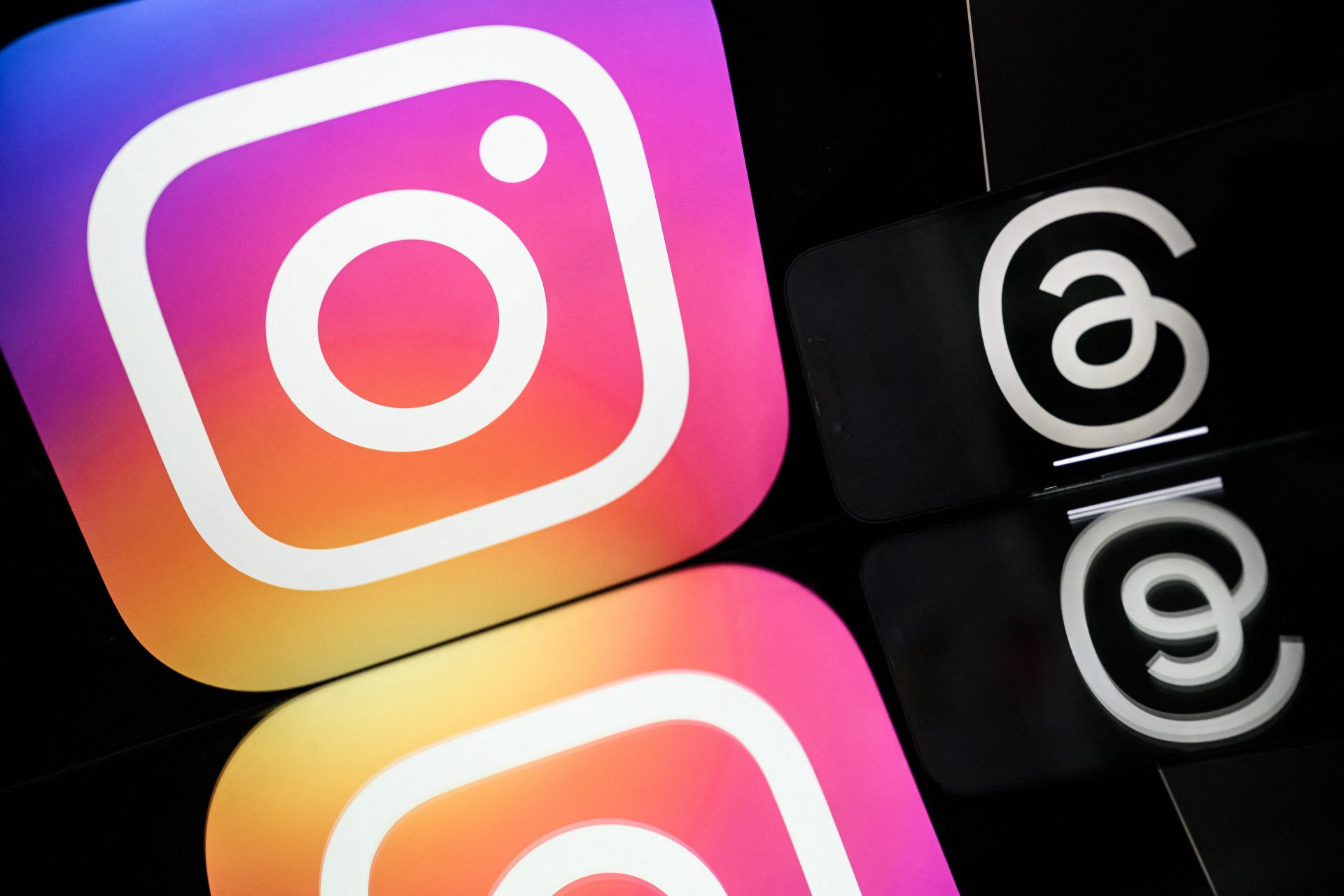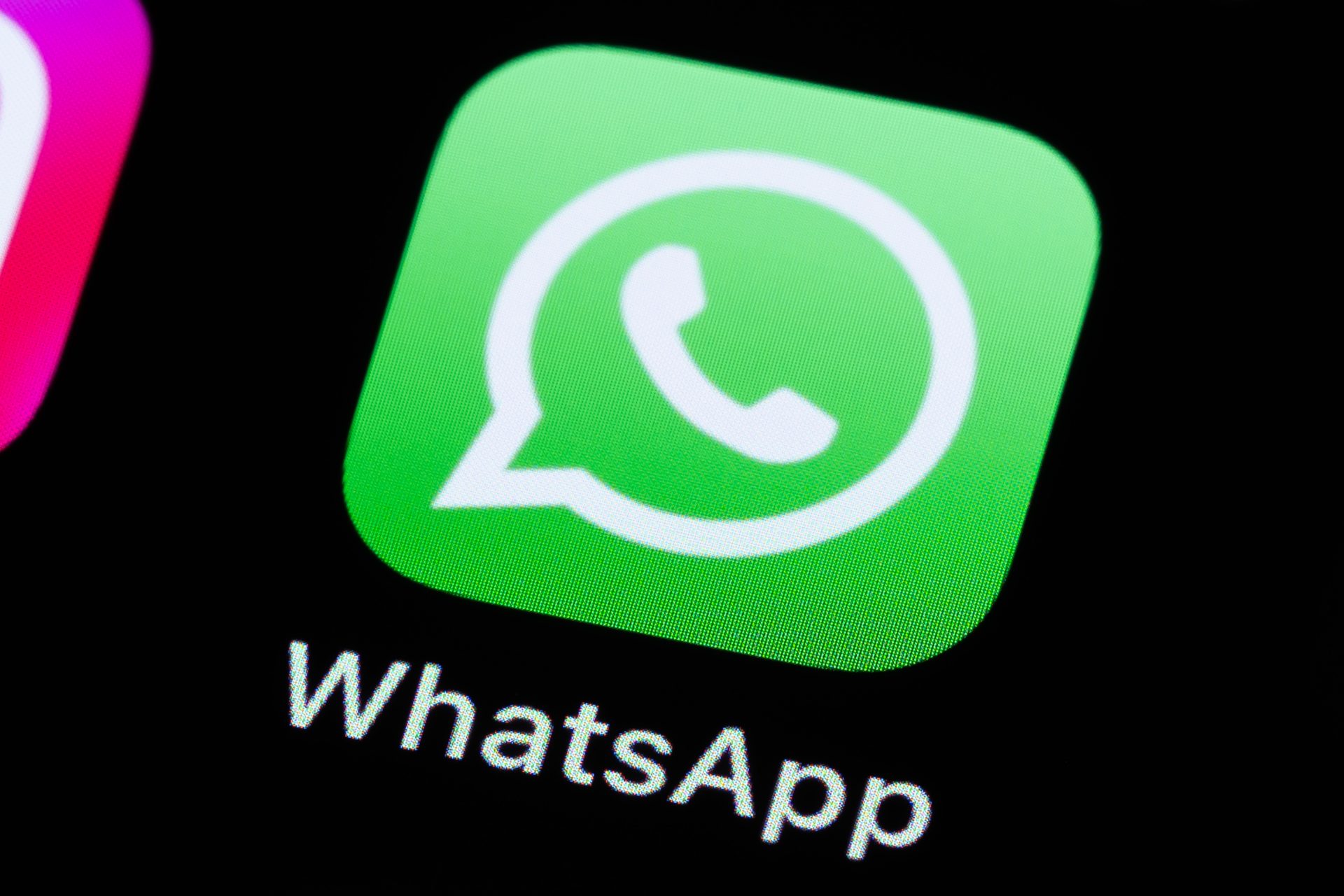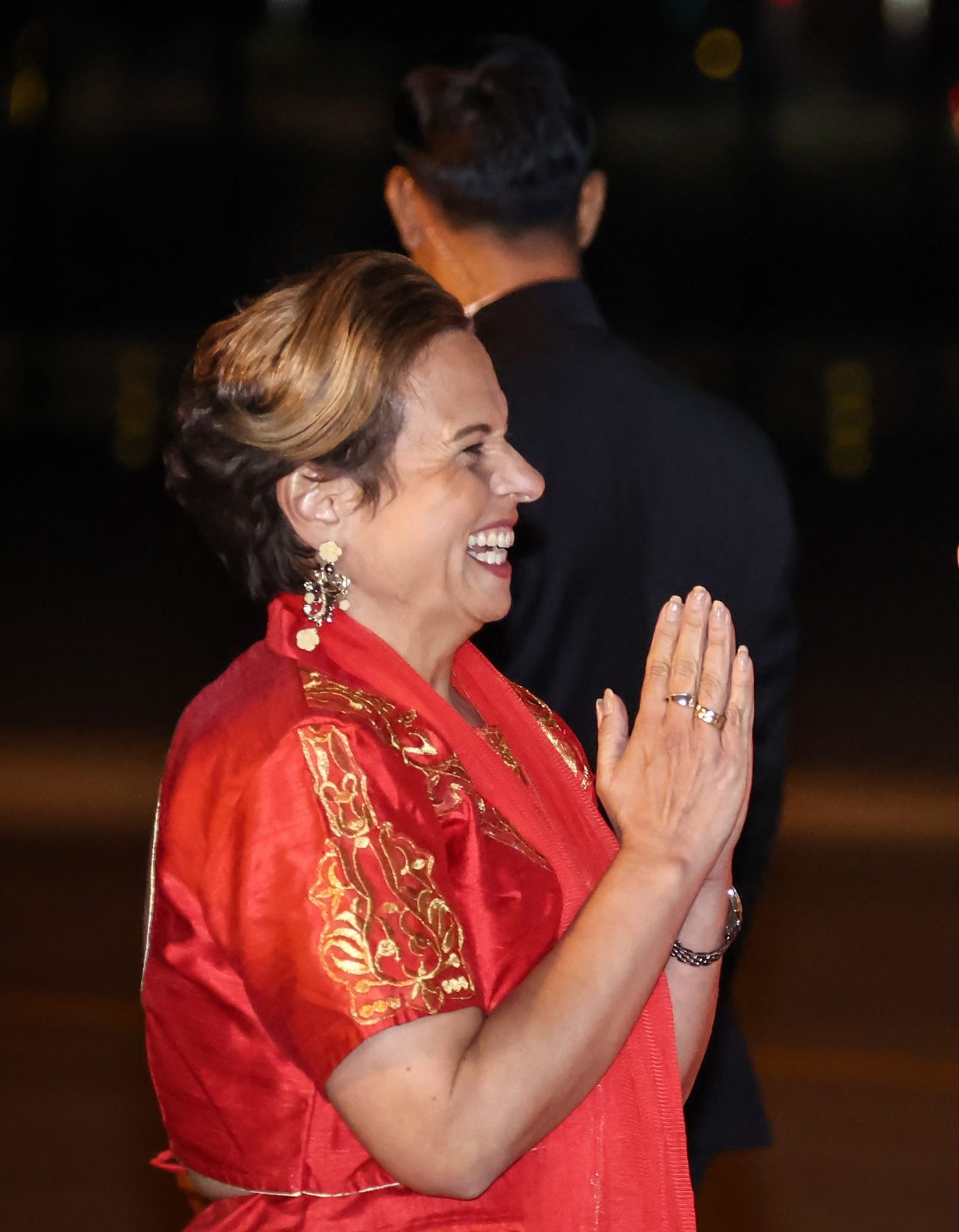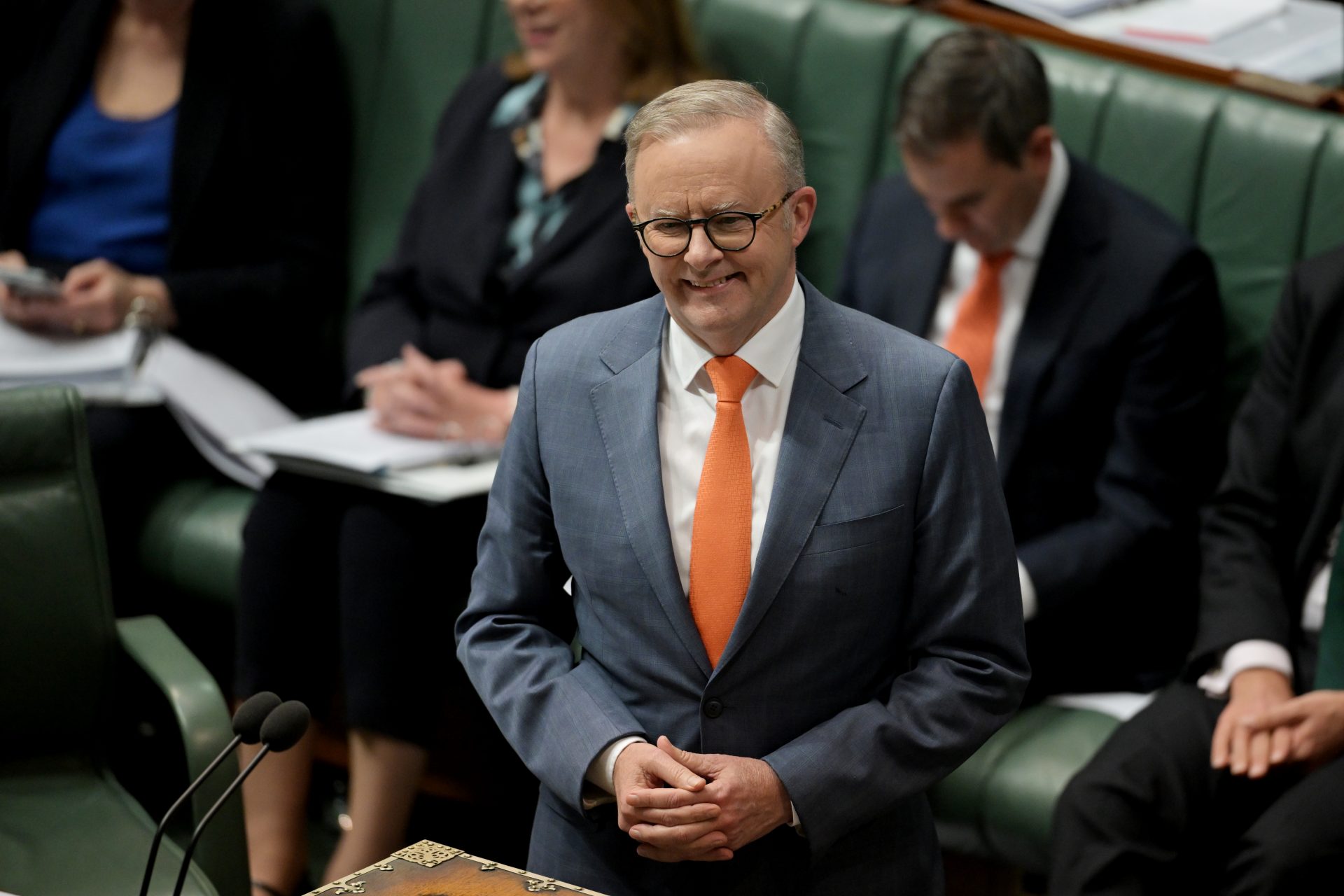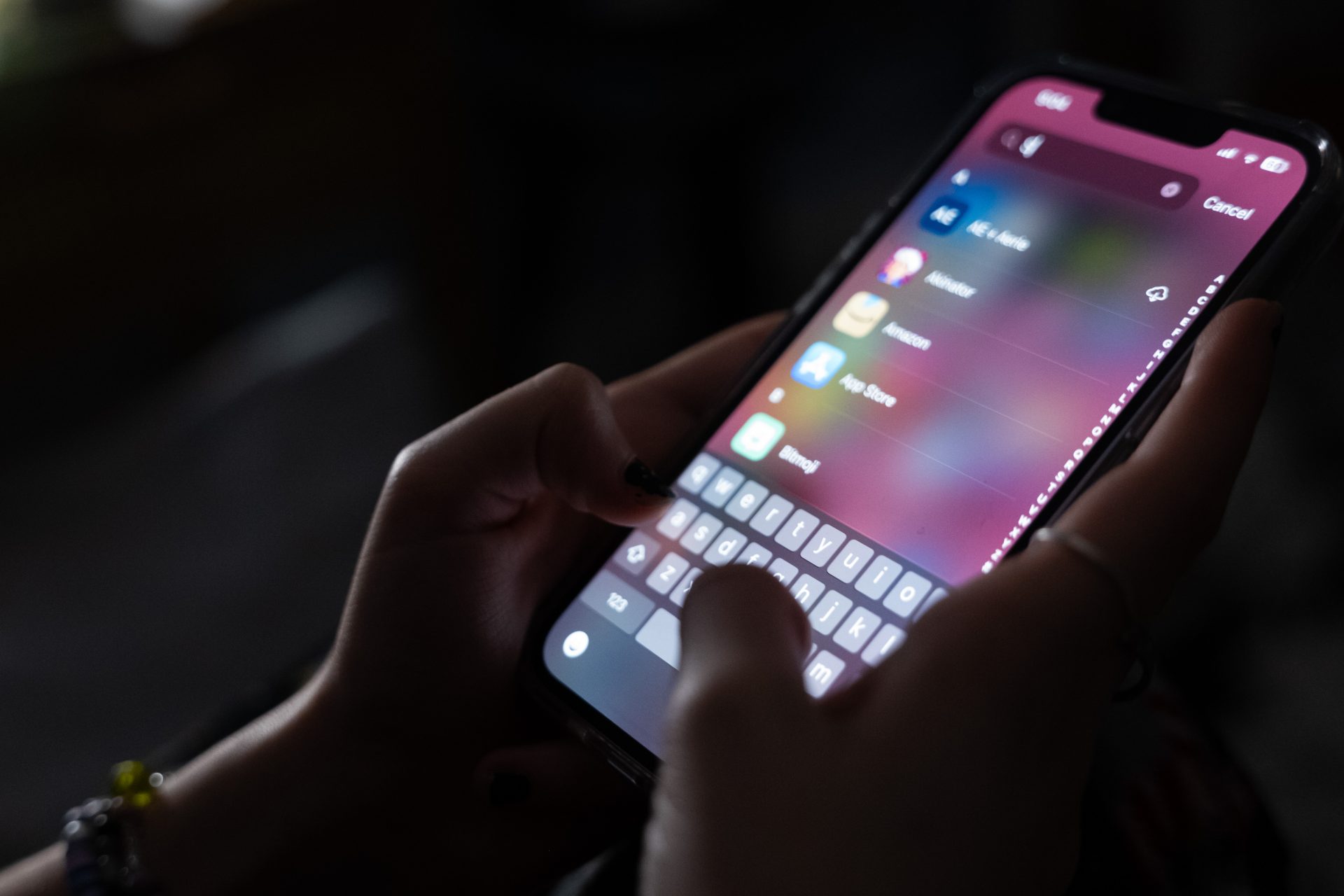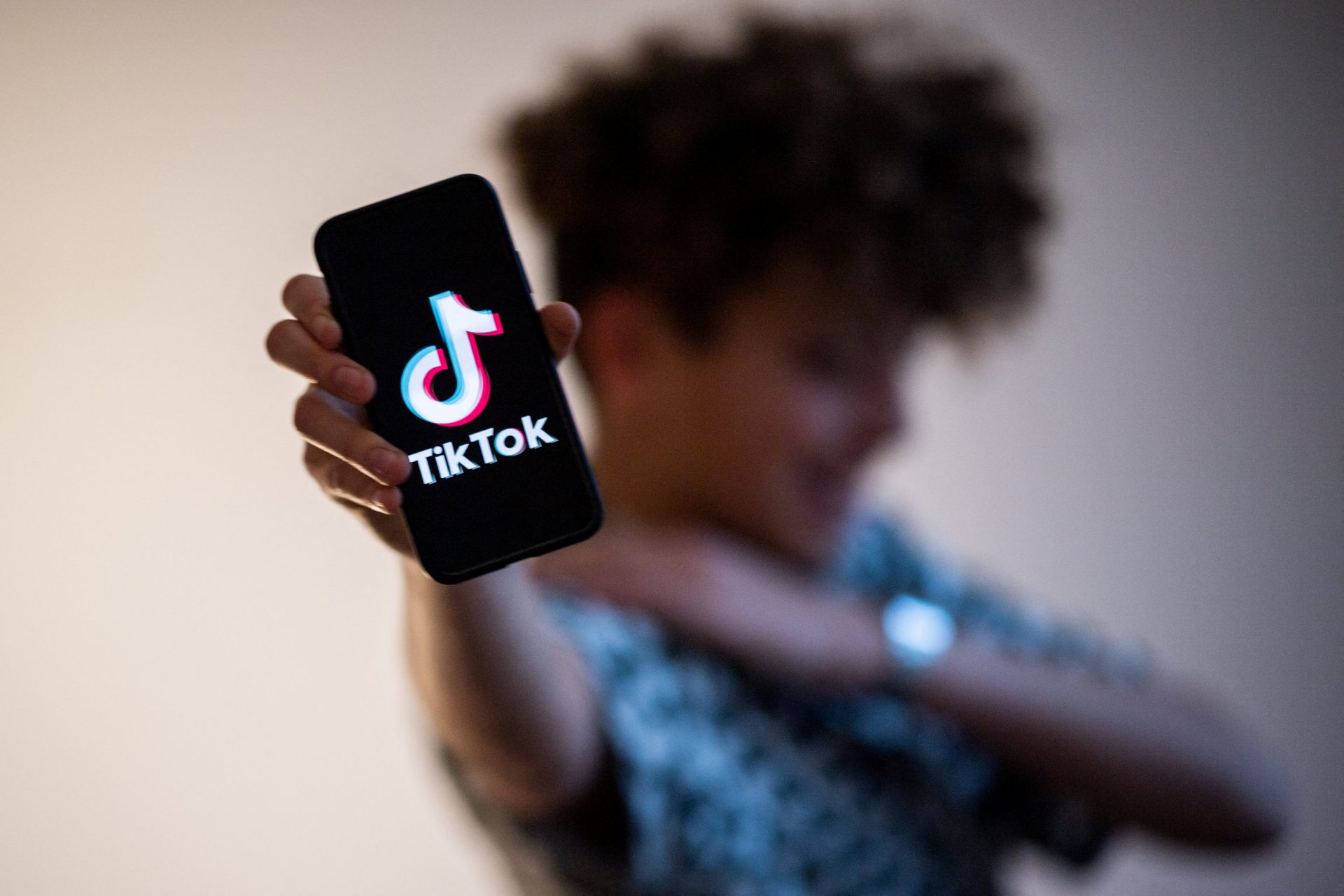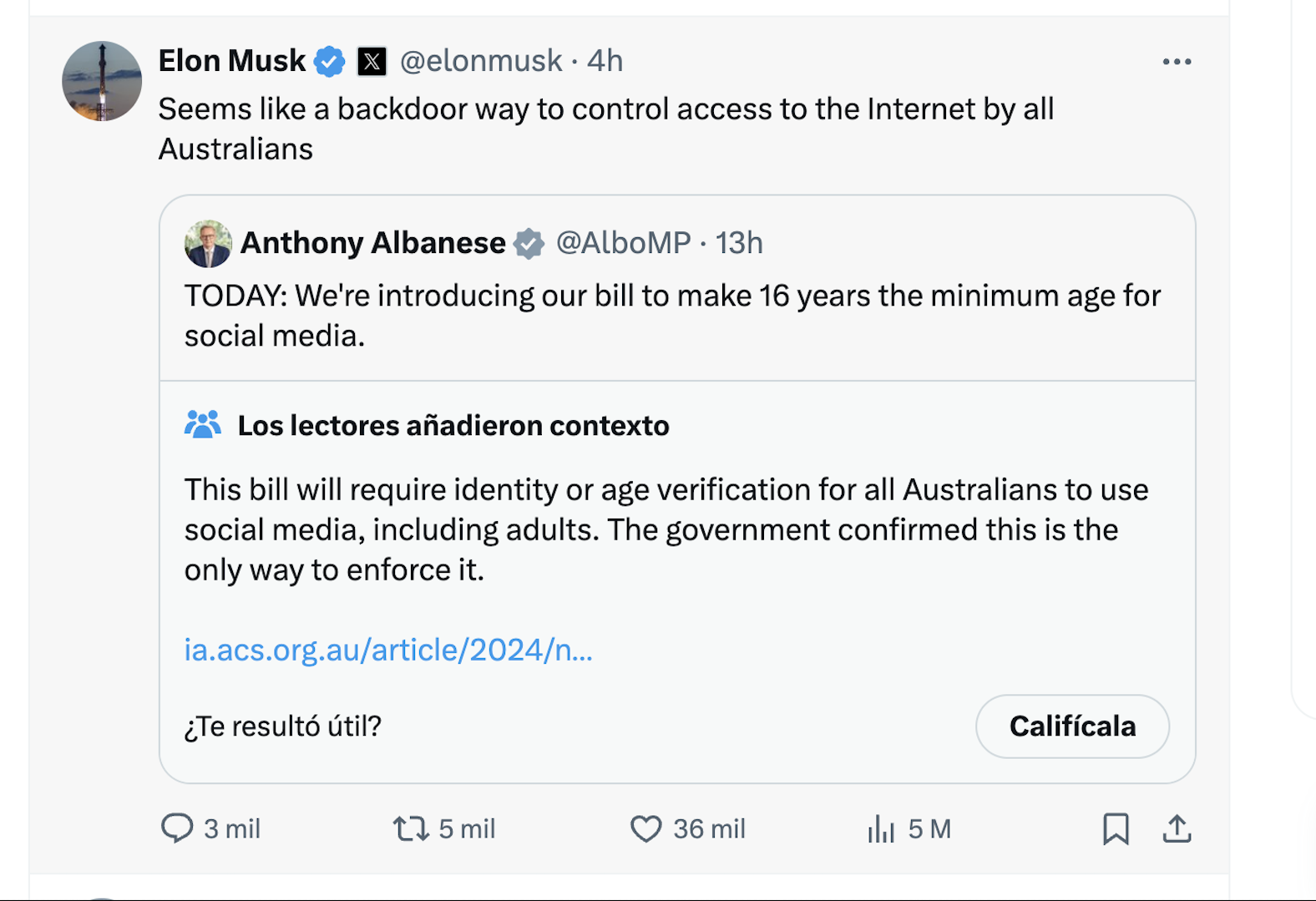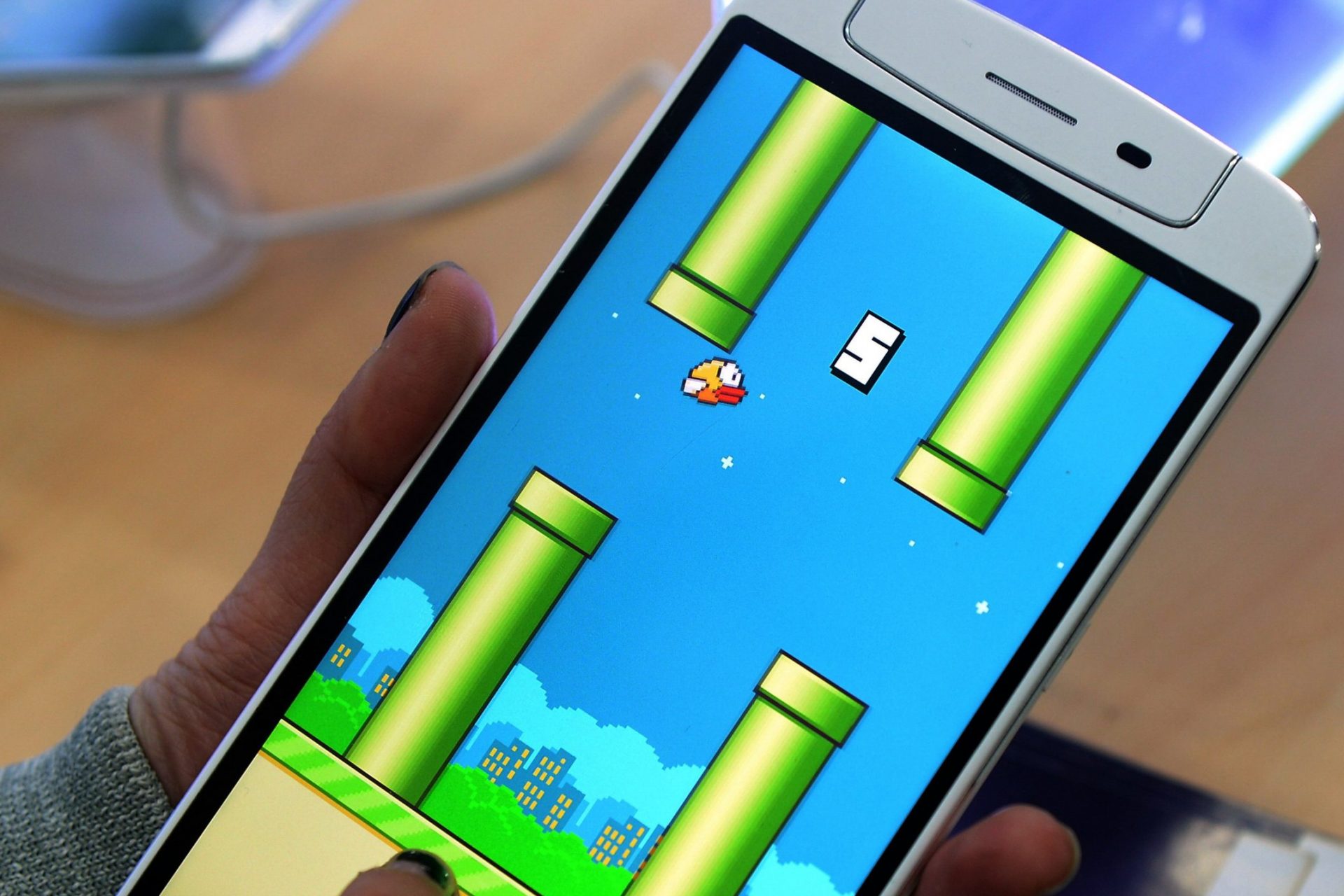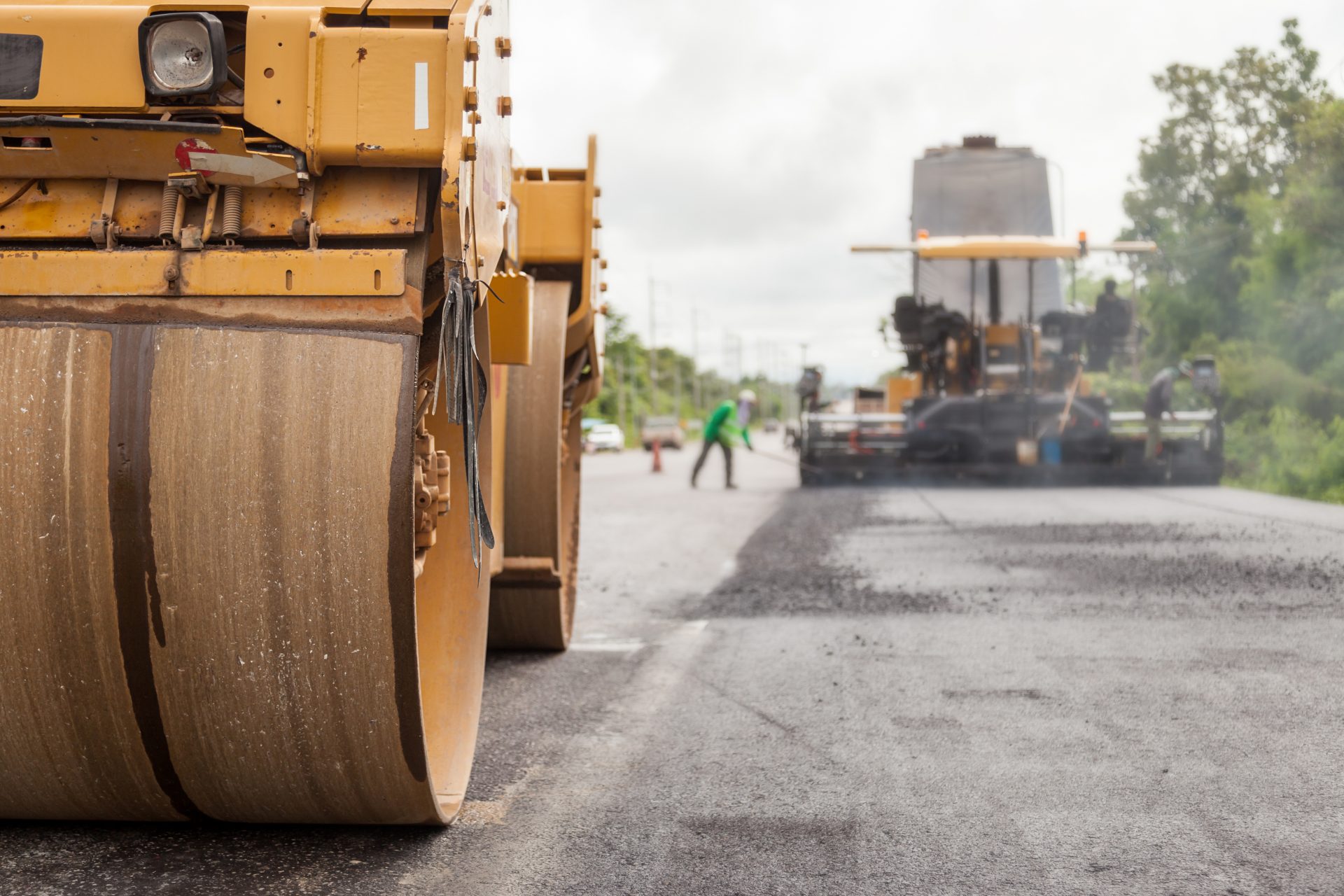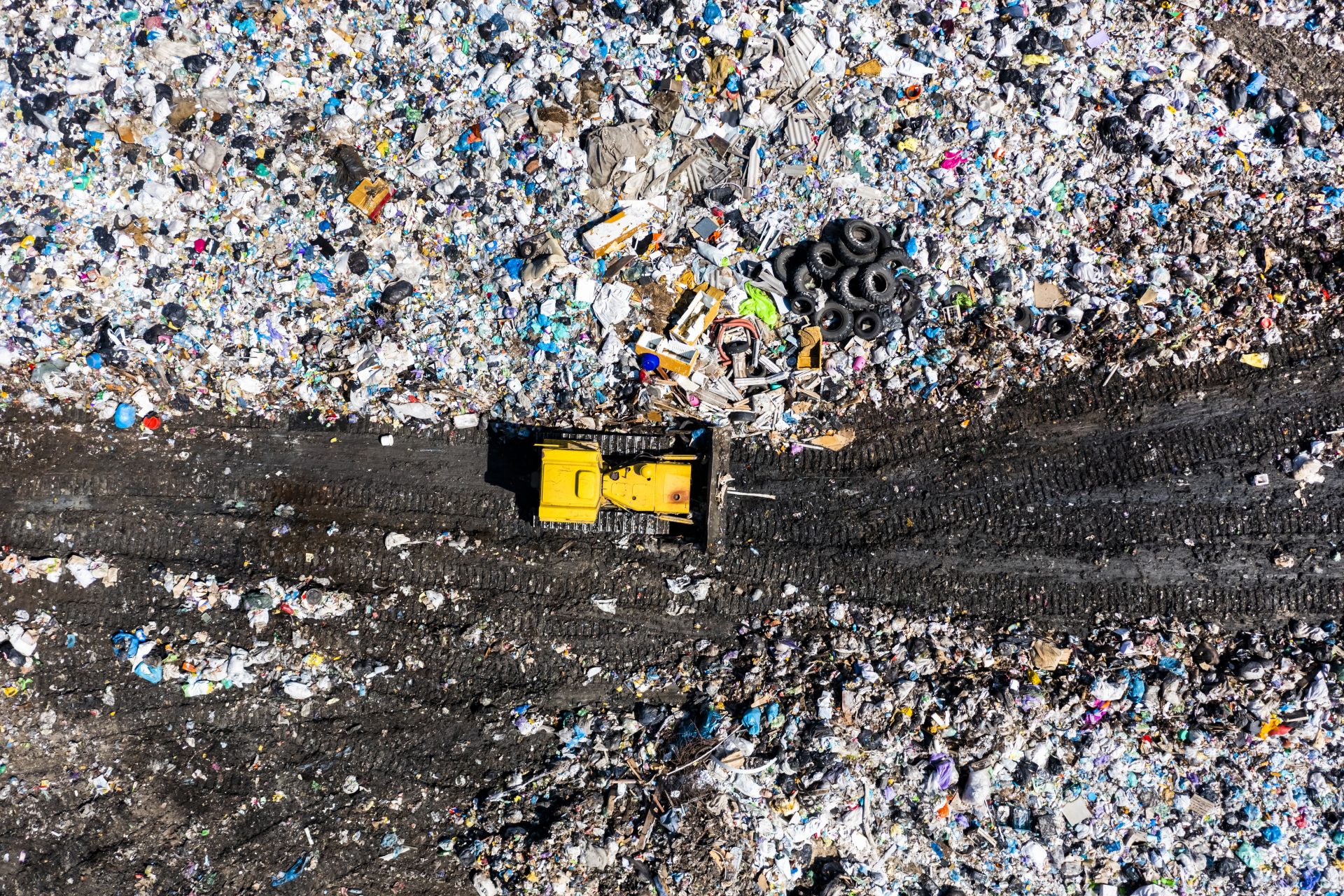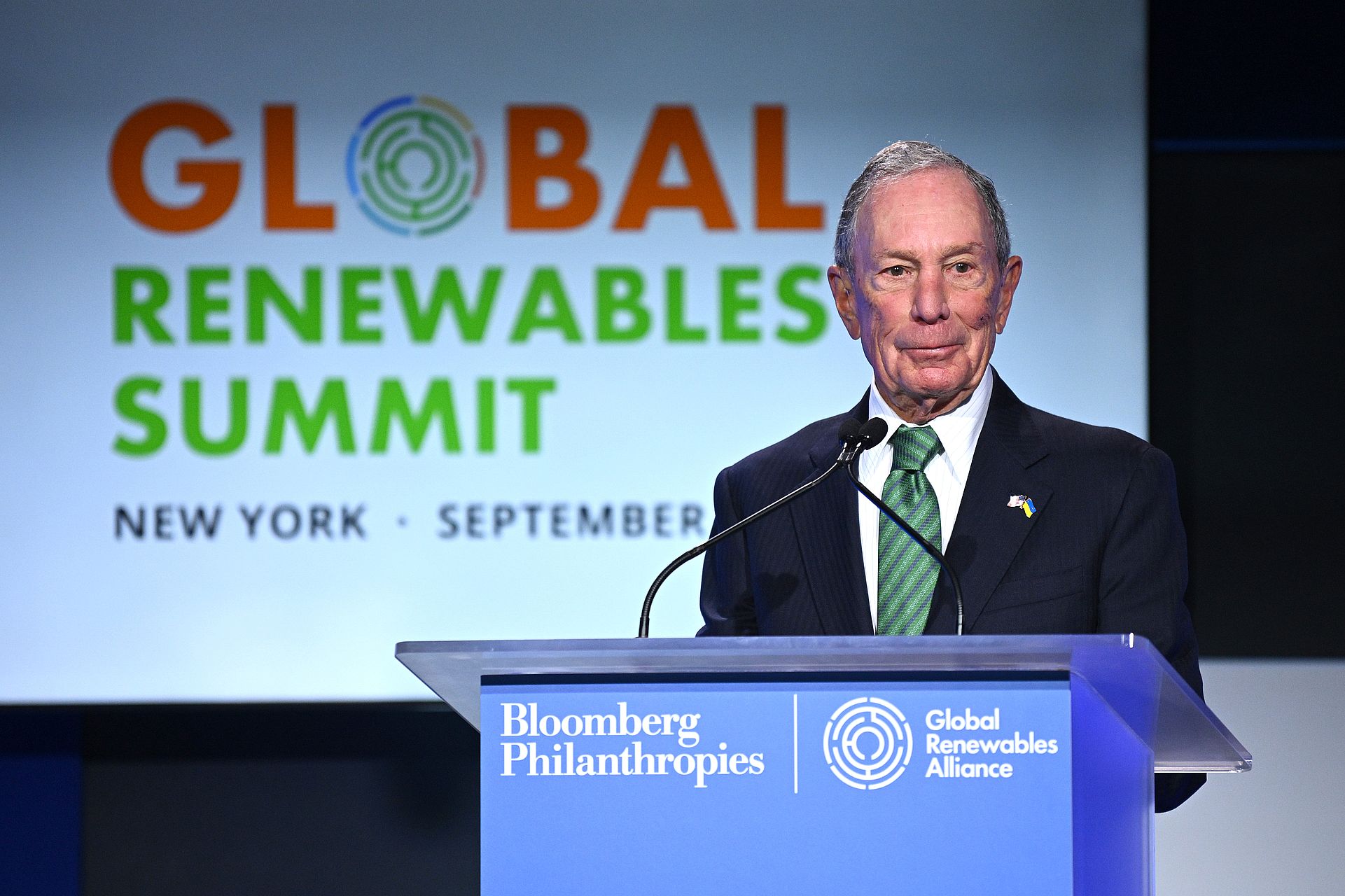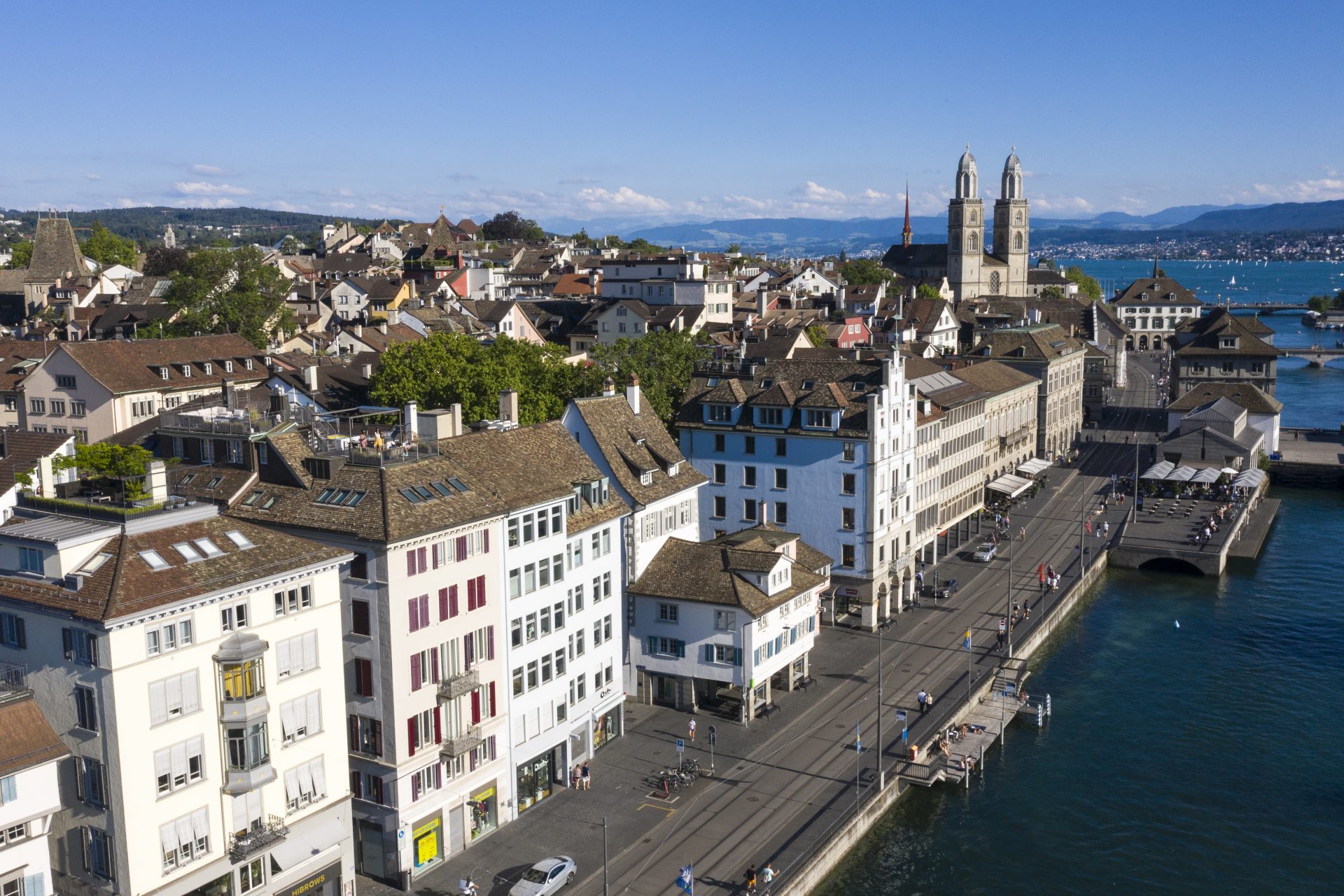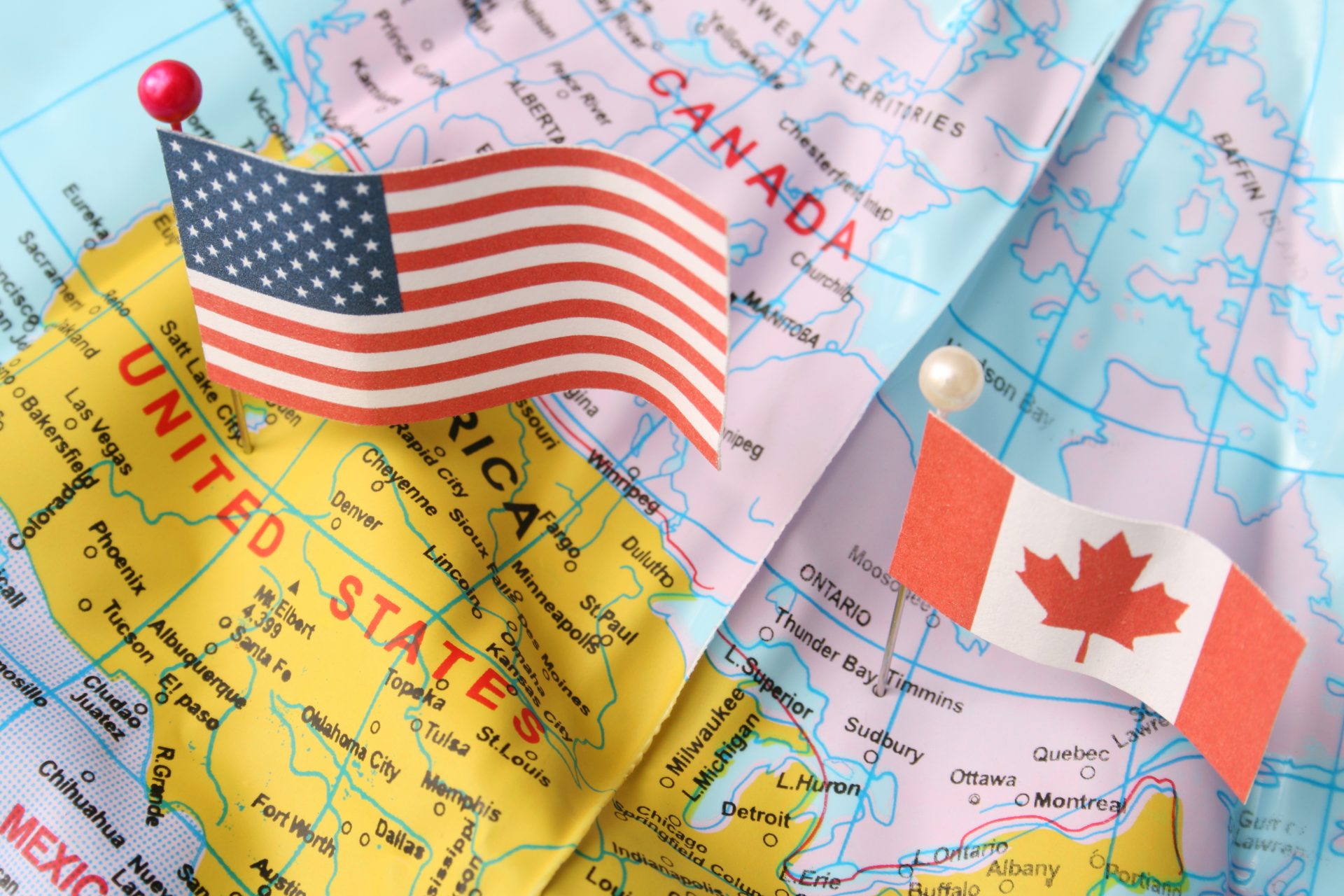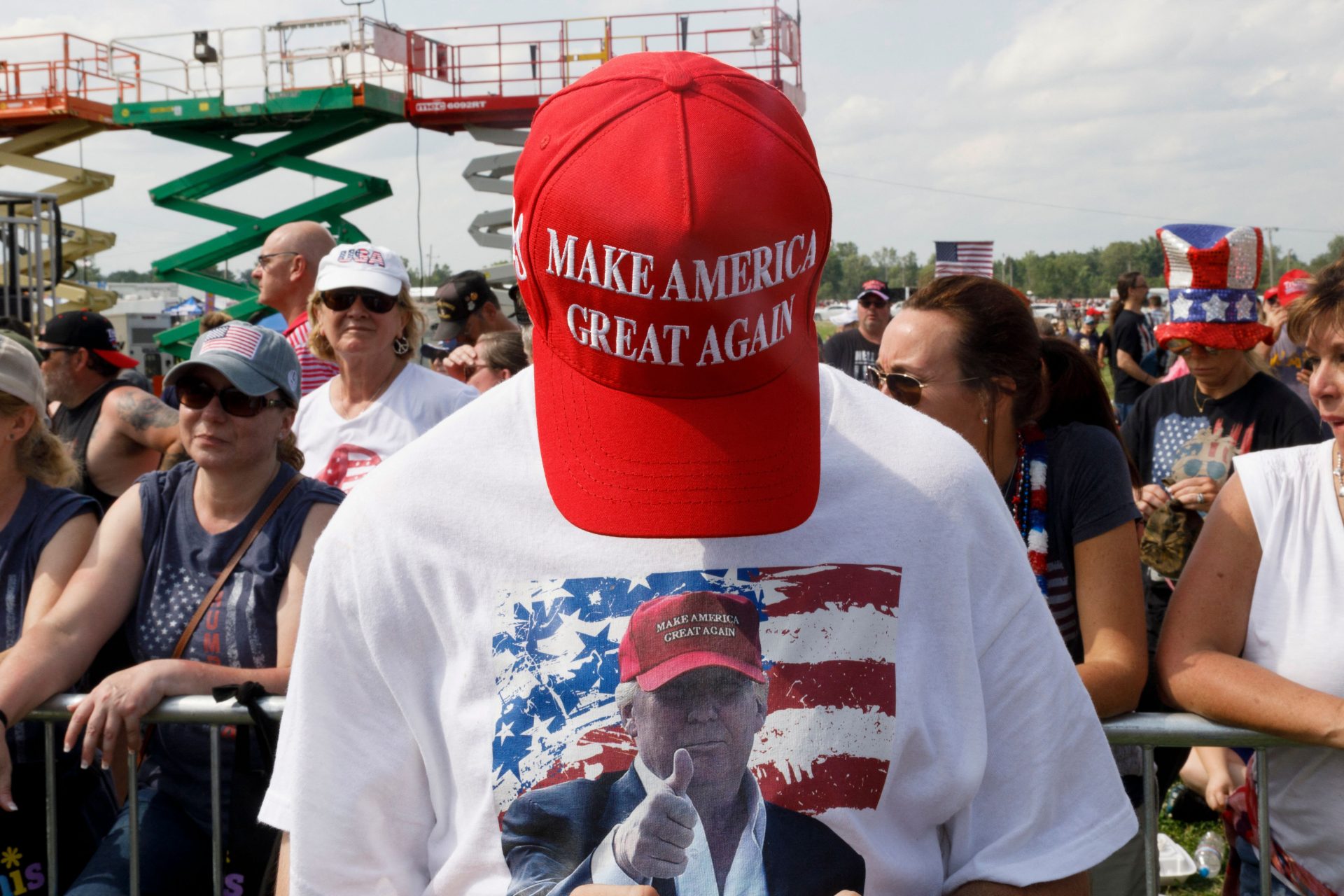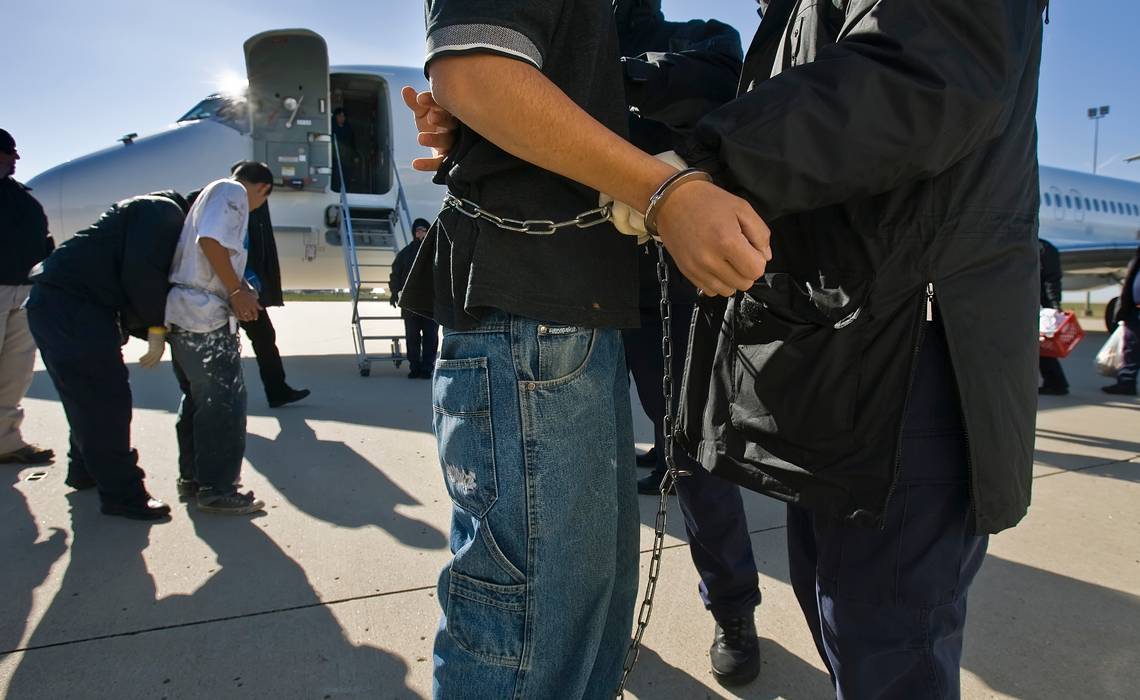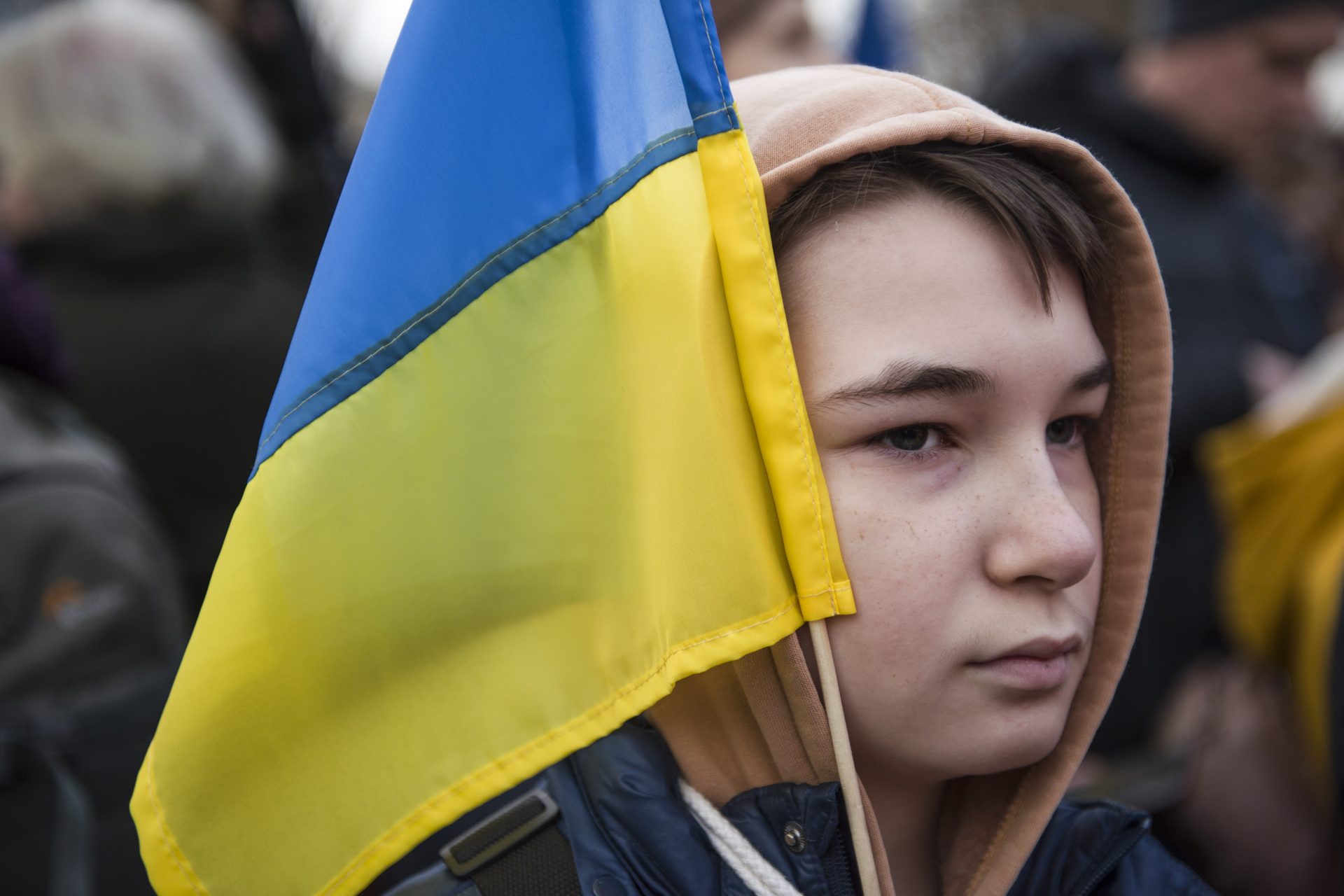2024 in review: when Australia pioneered a social media ban for under-16s
A trailblazing new law to ban social media for under-16s was passed by the center-left Australian government at the end of November.
The law places the onus on social media platforms and not parents to ensure the age-verification measures are functioning and complied with.
The law stipulates that platforms be liable for fines of up to A$49.5 million ($32 million) for systematic non-compliance.
The scheme introduces an age-verification system that could involve biometrics or government identification, making it one of the most stringent curbs of any country to date.
The law applies to media platforms Instagram and Facebook as well as TikTok, X and Snapchat.
Under-16s are still able to access messaging platforms, gaming, YouTube and education services such as Google classroom as well as mental health support options, including Headspace.
“This reform is about protecting young people and letting parents know we’ve got their backs,” Communications Minister Michelle Rowland said in a statement reported by CNN.
Prime Minister Anthony Albanese explained, “This is a landmark reform. We know some kids will find workarounds, but we're sending a message to social media companies to clean up their act,” Reuters reported.
In a speech to the Australian parliament on November 21, Rowland sought to justify the proposed amendment to the Online Safety Act.
“Almost two-thirds of 14 to 17-year-old Australians have viewed extremely harmful content online, including drug abuse, suicide or self-harm,” she said.
Seeking less regulation rather than more, X owner Elon Musk reacted with: “Seems like a backdoor way to control access to the Internet by all Australians,” AP reported.
Never miss a story! Click here to follow The Daily Digest.
Phot: Elon Musk's X account
More for you
Top Stories



